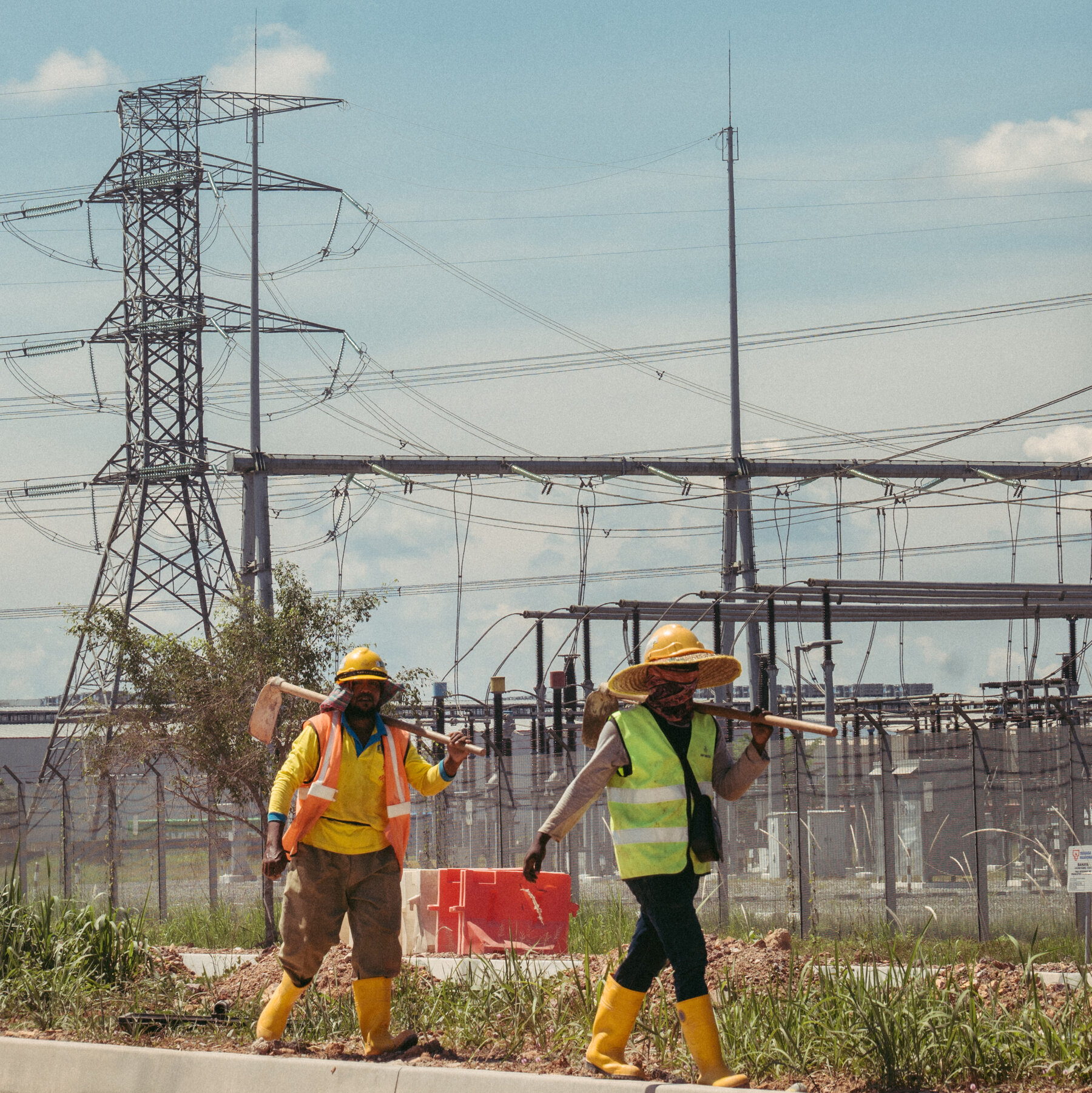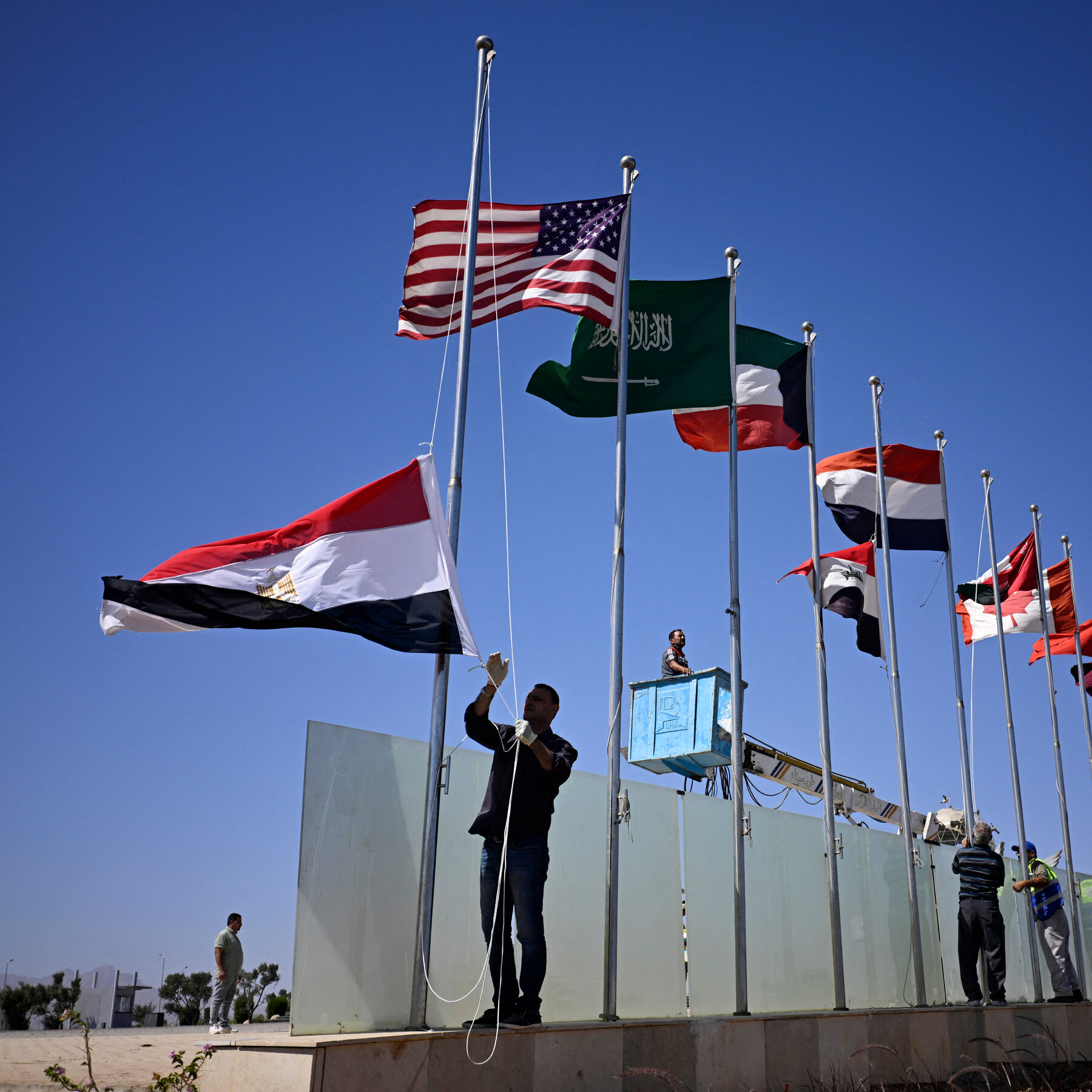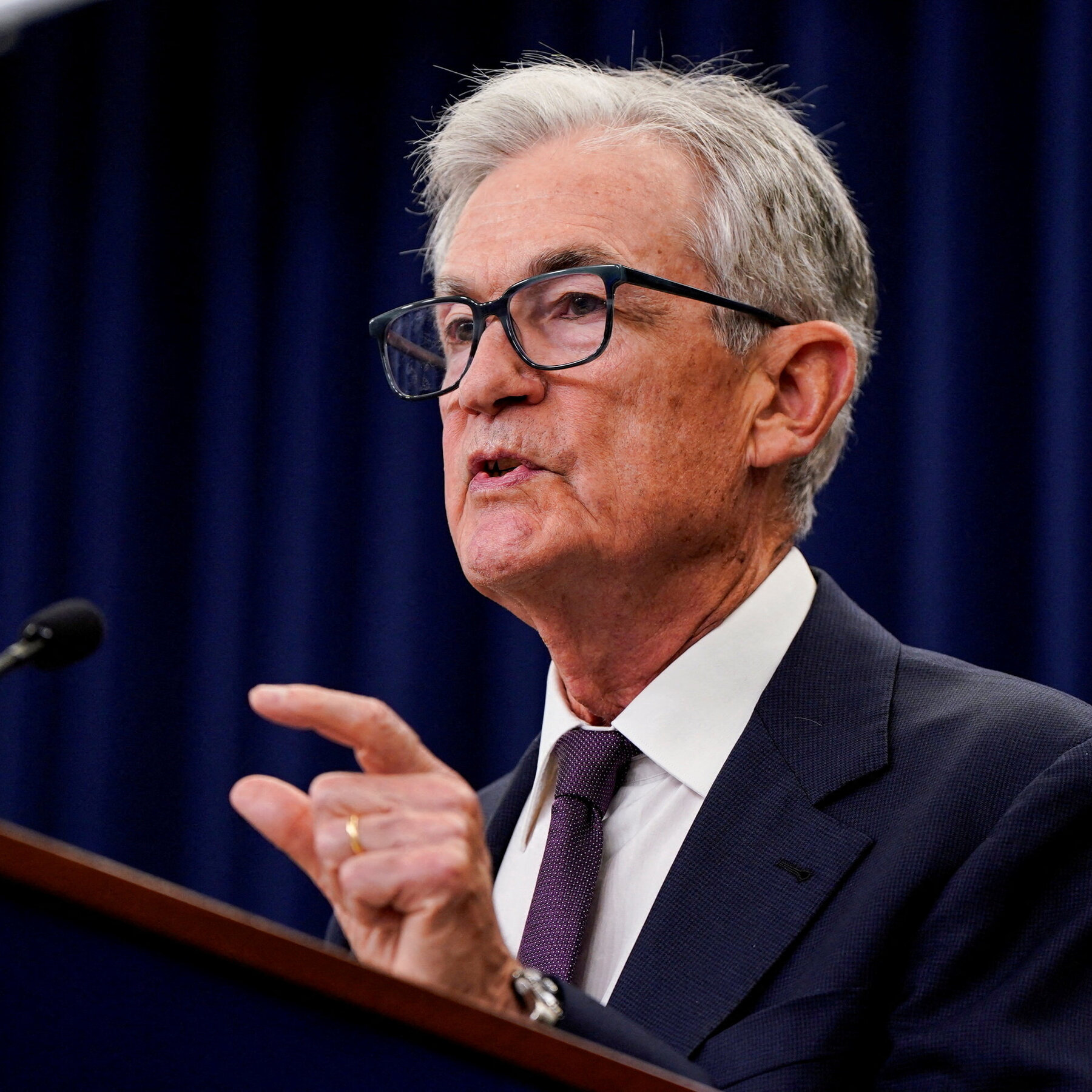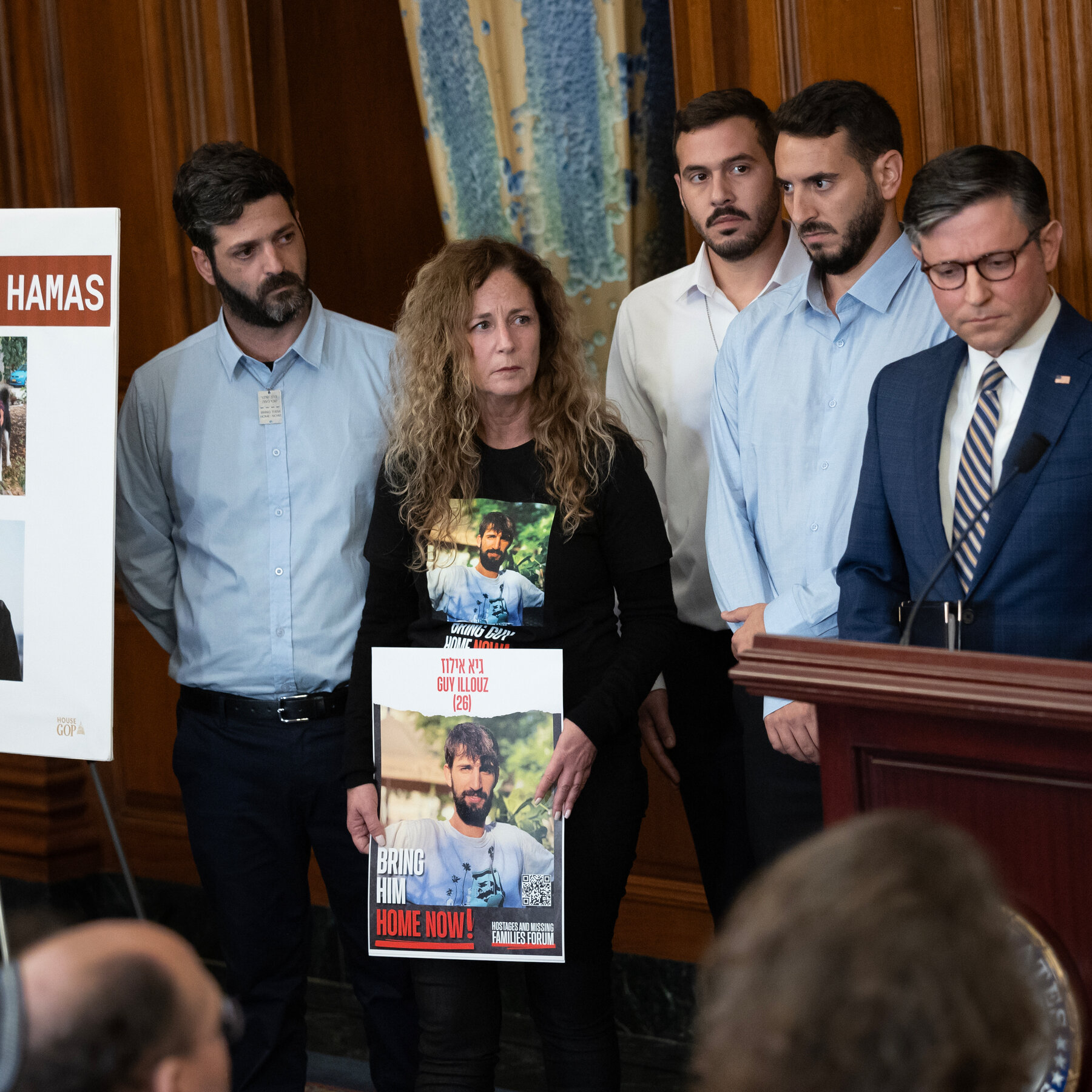Peace Broker, Arms Supplier: China’s Dual Roles in a Deadly Conflict
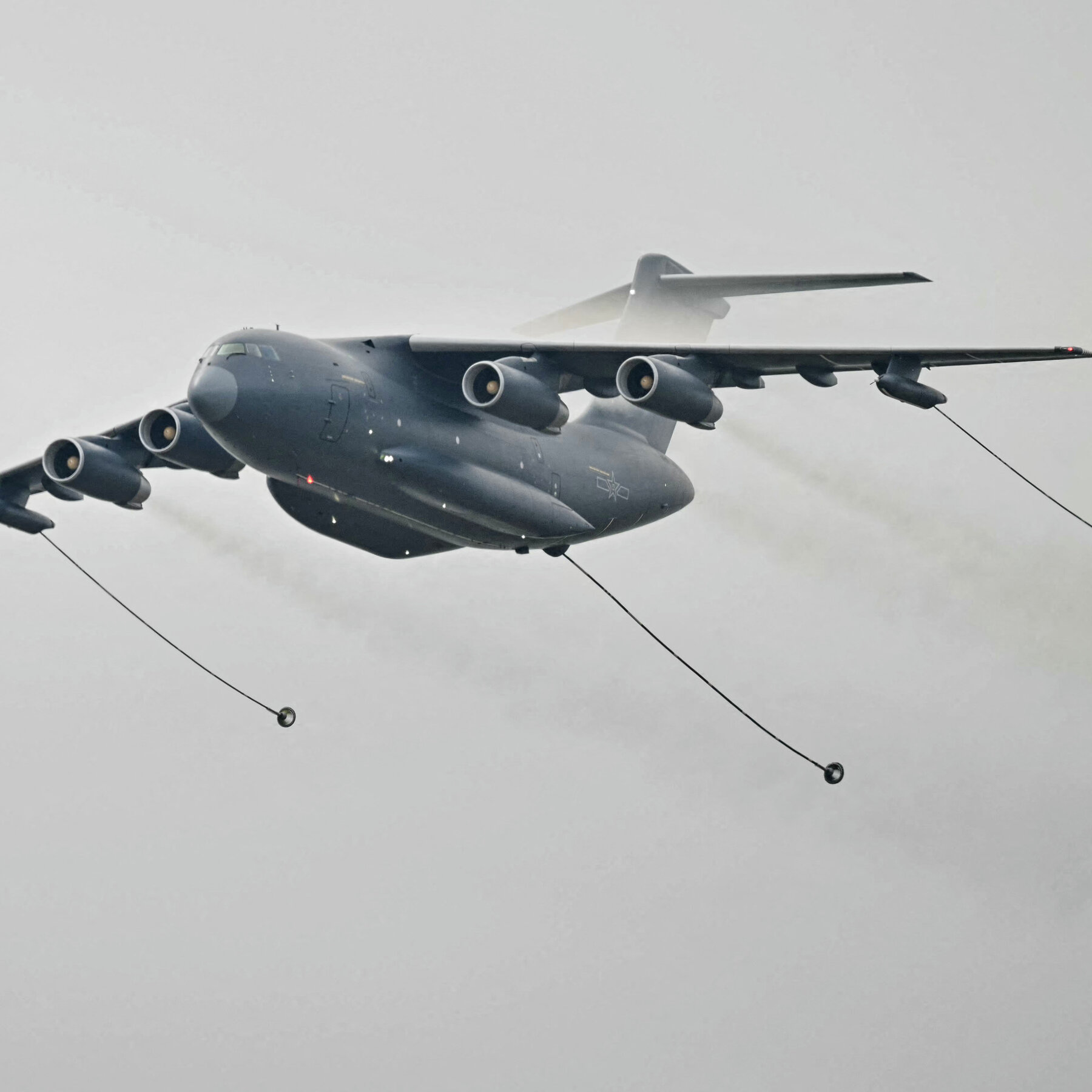
As tensions escalated along the disputed border between Cambodia and Thailand in July, China stepped forward with a call for peace. The Chinese government urged both nations to cease hostilities and engage in diplomatic talks to resolve their long-standing territorial dispute. However, behind the scenes, China was playing a more complex role in the conflict, one that would ultimately undermine its efforts to be seen as a neutral peace broker.
According to Thai intelligence documents obtained by sources, just weeks before China’s public appeal for peace, the country had secretly supplied Cambodia with a shipment of rockets and artillery shells. This revelation has raised questions about China’s true intentions in the region and its willingness to walk a fine line between promoting peace and fueling the conflict.
The border dispute between Cambodia and Thailand has been a contentious issue for decades, with both countries claiming sovereignty over the strategic and fertile region. The conflict escalated into violent clashes in 2011, resulting in casualties on both sides and straining diplomatic relations between the two nations.
China’s dual roles in the conflict have sparked concerns among analysts and regional observers. On one hand, China has been attempting to promote itself as a responsible and neutral third-party mediator, willing to help resolve the dispute through diplomatic means. On the other hand, its decision to supply arms to Cambodia has effectively taken sides in the conflict, potentially emboldening the Cambodian military and undermining Thailand’s security concerns.
The revelation of China’s arms supply has also raised questions about the potential implications for regional stability. As a major player in Southeast Asia, China’s actions have significant weight, and its involvement in the conflict could have far-reaching consequences for the region.
In light of these developments, it remains to be seen how China will navigate its complex role in the conflict and balance its competing interests. Will the country continue to prioritize its diplomatic efforts to promote peace, or will its actions as an arms supplier come to dominate its approach to the region? Only time will tell.


